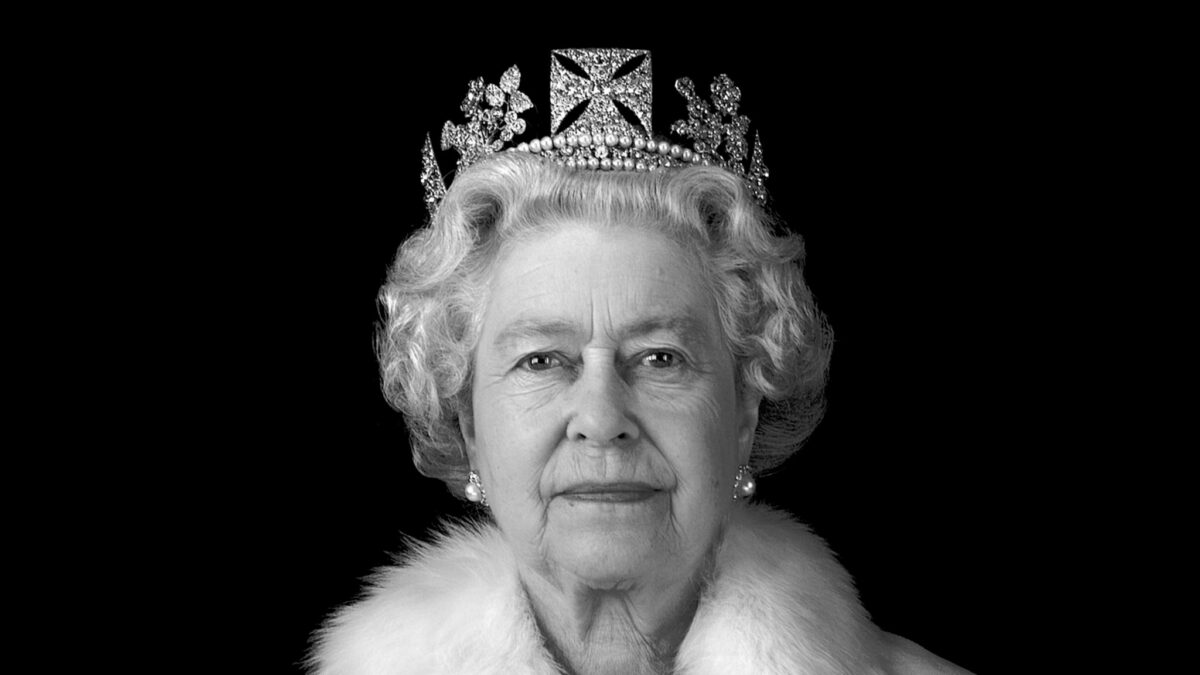There is a theory of literature that says the perfect protagonist is an individual around whom the narrative quietly pivots. They become the sleek hull under which the seas of circumstance roll, perennially in the eye of the revolving storm.
Arguably, there is no greater work of literature than a nation, and few nations have such a complex story as the United Kingdom. Throughout the last 70 years, though, the Queen has been this treading sentry to change: she had nothing less to do than manage the constitutional complexity of defining a civilisation by saying nothing.
As a unique and disinterested political constant, it was her space above the polities of the home nations that continued to band them still as Great Britain & Northern Ireland. She brought an impossible dignity to wearing a crown weighted with the nuanced mirage of constitutional monarchy.
Culturally, the UK is not at ease. The foil for an uncodified constitution that has struggled in recent years to stop the haemorrhaging of public confidence from the Houses of Parliament, the monarchy is an awkward historical phenomenon. Though the nation rightly celebrates the narrative of British history that brought about the liberties of the individual, accountability and rule of law, there is too much stepped over by the clumsy trope of ‘British values’. Sadly, we a see that it is the state that is committing an ugly crime by arresting those stating their opposition.
For those of us struggling with the worst cost of living crisis in memory, the gold thrones and trappings of state are a distraction – and sharp focus on contrast. Deeper in the grain of our cultural fabric though, the violence, exploitation and prejudice that created the British Empire has left a still-unreckoned legacy. Today, too much corporate media makes lazy overtures and the UK’s public discourse continues to be uninterested in finding a process to engage with and define what that colonial history really means in the 21st century. At the very least it needs to be recognised. Right now it is not even understood.
A post modern monument
So what should the Queen mean to us culturally? Now she has gone, the nation is seeing itself in the hole she has left. Her achievement was to be that silent cipher that rises through the narrative – she did transcend the sometimes clumsy, sometimes ridiculous role of monarchy and, in doing so, even made it look elegant at times.
She was a genuine servant-leader, who gave us a space on which the UK could project some of its best values despite itself. She was everything our last prime minister was not. In a nation currently tearing down statues and disillusioned with many of its leaders, past and present, it is her selfless actions, and how we remember and celebrate them, that have built a better monument.

